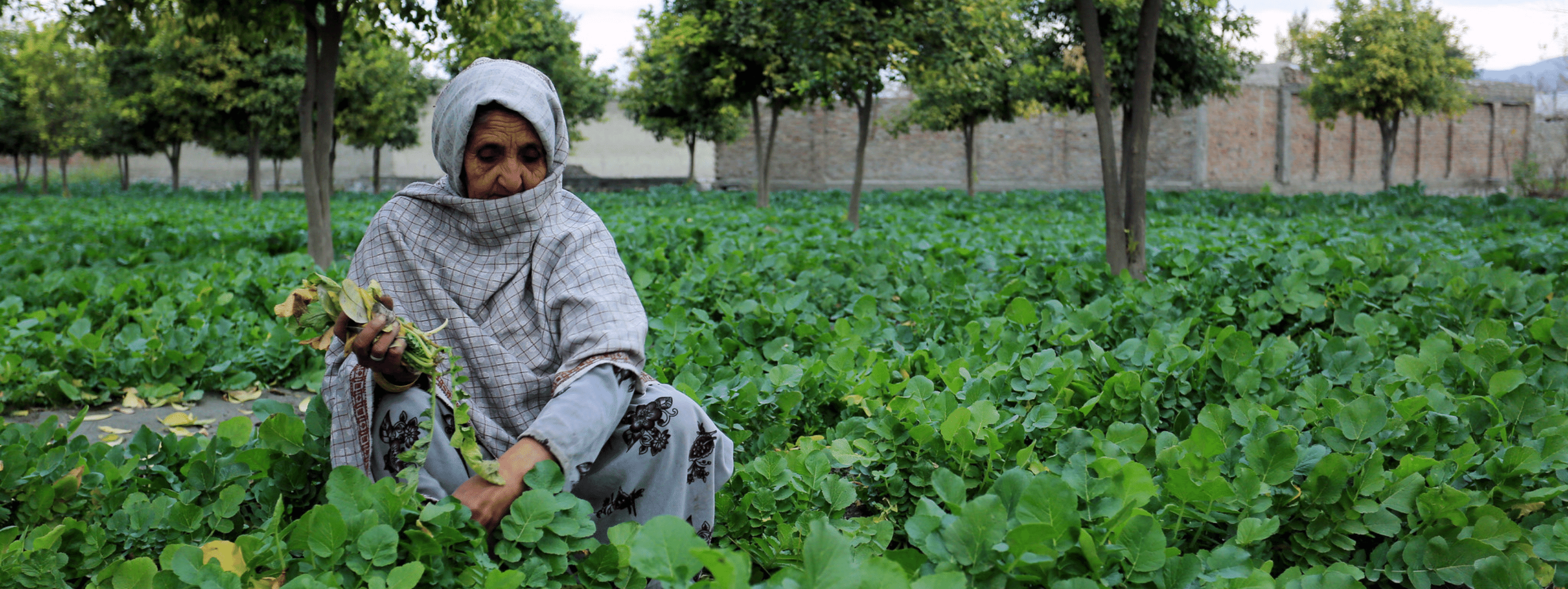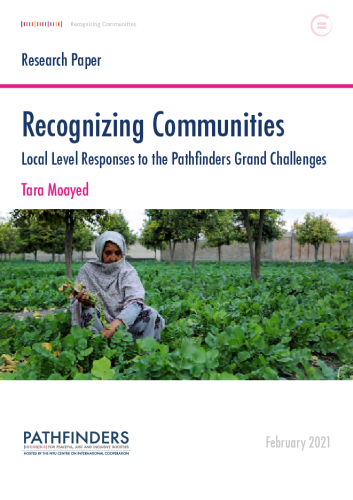Communities are not homogenous. Within a single community, there are often divisions along class, ethnic, and gender lines. Further, not all communities are the same. Dynamics from one community to the next can widely differ, including power relations, land allocations, gender dynamics, mobility, and the level of government influence. James Scott, in Seeing Like A State, showed how much of the vocabulary of state administration carries with it the mechanisms to disempower local authority and invest it in state agents who can then wield state authority.
Rebalancing this relationship requires finding ways to overcome the monopolies over information, decision-making, and convening power that state agents have, particularly in systems that emerged from an extractive colonial context. Ignoring these dynamics when designing a CDD project will most likely result in elite capture, and possibly lead to local conflict, increased inequality, and erode trust between citizens and the state.

This research paper argues the importance of the role of the community within the Pathfinders for Peaceful, Just and Inclusive Societies discussion over inequality. The paper’s case studies are based largely on government-led community-driven development (CDD) programs that aim to ensure recognition of the complicated dynamics within the community itself. Unless the heterogeneity of communities is considered and fostered through an inclusive design and facilitation process, no program or project can hope to impact inclusion, empowerment, and the citizen-state relationship. A deep understanding of community dynamics and good facilitation are prerequisites for any CDD model to have a positive social impact.
Recognizing Communities uses the following themes as a framework for the discussion on the importance of community recognition:
- Fostering voice, agency, and inclusion of the poor and vulnerable
- Supporting the transformation of citizen-state relations
- Social capital in Fragile and Conflict-Affected States
Download the full research paper here.
This research paper is part of the Pathfinders Grand Challenge on Inequality & Exclusion. More information about this initiative can be found here.


